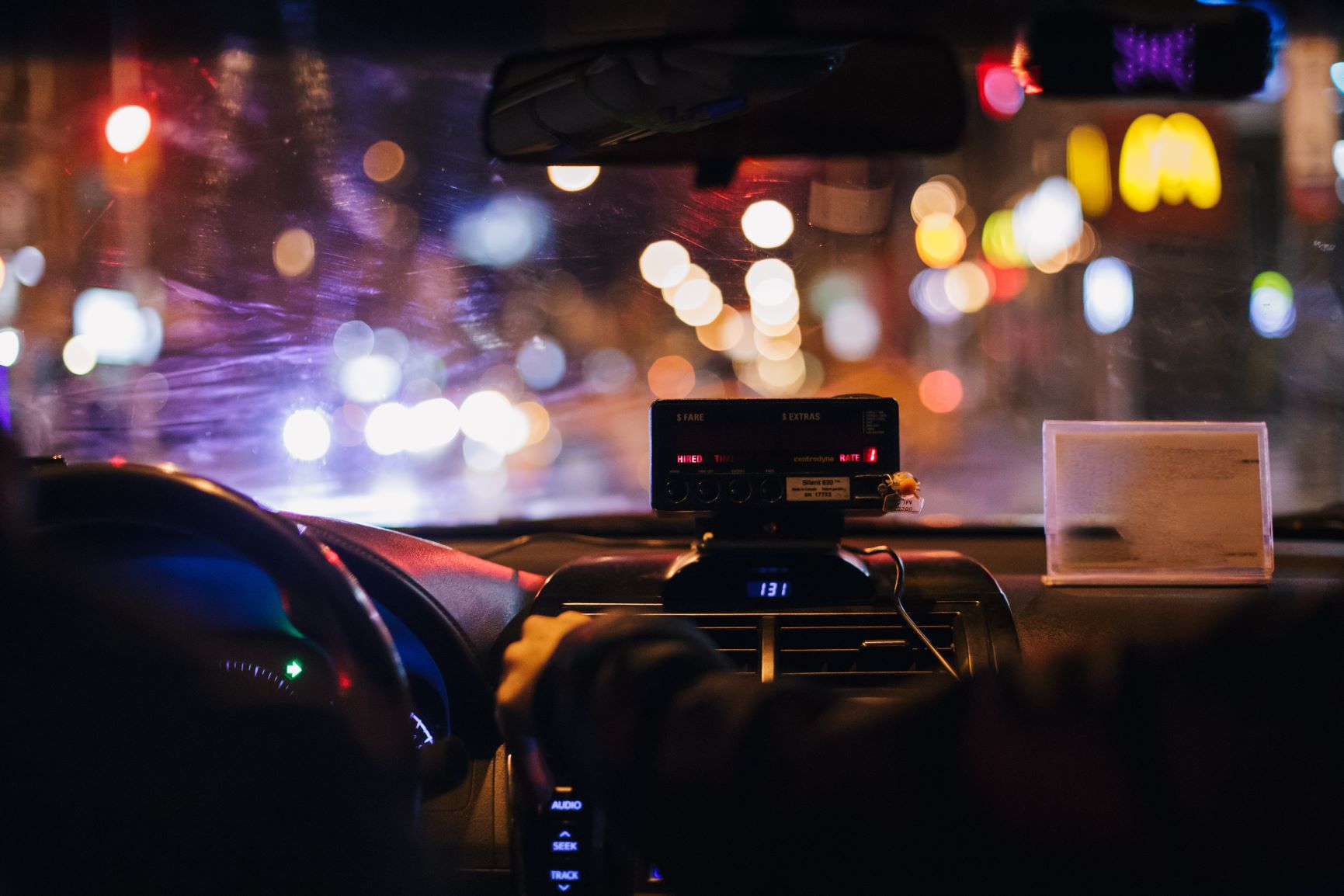
2 April 2021 updated 2 March 2022
Two recent articles by Stein, Bachani, and Hoe on Alcohol Industry Involvement in Road Safety NGOs in Injury and Prevention, and the other on The alcohol industry’s involvement with road safety NGOs in Globalization and Health, explore the issue of funding by alcohol companies to road safety NGOs.
They point to evidence that alcohol companies are seeking to limit the impact of sales losses from drink driving reduction initiatives by partnering with road safety stakeholders.
As an organization, the Alliance does not accept funding from the alcohol industry. However, Alliance member NGOs are independent organizations and can seek the funding they might see fit to achieve their work. Based on the data presented, it can be surmised that 95% of road safety NGOs do not have direct or indirect ties to the alcohol industry.
Although we were not consulted on the data in the report, we welcome research that identifies risks and weaknesses in the road safety response and helps us to bring a strong evidence-base to our members.
Primarily, it is a strong reflection on the lack of funding available to road safety NGOs that some of our members accept support from the alcohol industry. Absence of other options results in some NGOs making hard choices to accept funding from alcohol companies, or indeed other sectors that might be seen as having alternative agendas, in order to be able to implement life-saving programs because no other avenues are available to them.
Road safety NGOs, especially in low- and middle-income countries, are often funded out of their founders’ own pockets and are frequently undertaking work that should be covered by government budgets, but for which they, unlike commercial contractors, are expected to complete without adequate funds. A recent survey of Alliance members showed that:
The Alliance supports its NGOs to more sustainable ways of working by strengthening their profiles and ability to operate and making good and sound decisions, so that they do not have to rely on funding from the alcohol industry or in fact, other industries that may be seen as detrimental to the overall aims of road safety NGOs. We have established a Conflict of Interest committee, utilizing expertise from different sectors to enable us to answer the questions of who should we engage with, who should we not engage with, what are the questions and considerations we have when we partner with stakeholders, not just funders, and how do we manage our reputation and integrity.
We, the Alliance, call for national and local government to allocate road safety budgets that reflect the value of life, the devastating social and economic impact of road crashes on citizens’ lives, and the cost-benefit of road safety initiatives.
We also call for governments and other stakeholders to recognize road safety NGOs as professionals and to fund their evidence-based activities.
By doing so, we will draw closer to achieving urgent progress toward reducing the unacceptable 1.35 million road deaths each year.